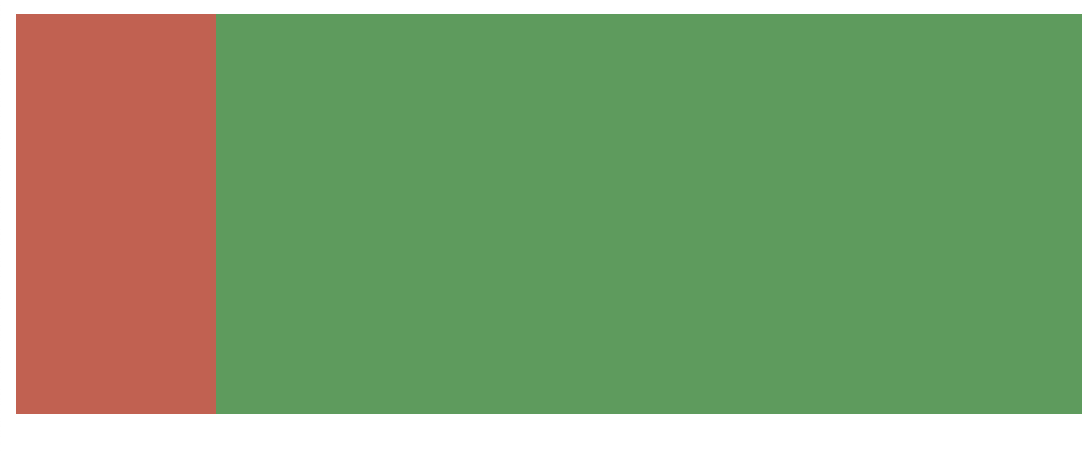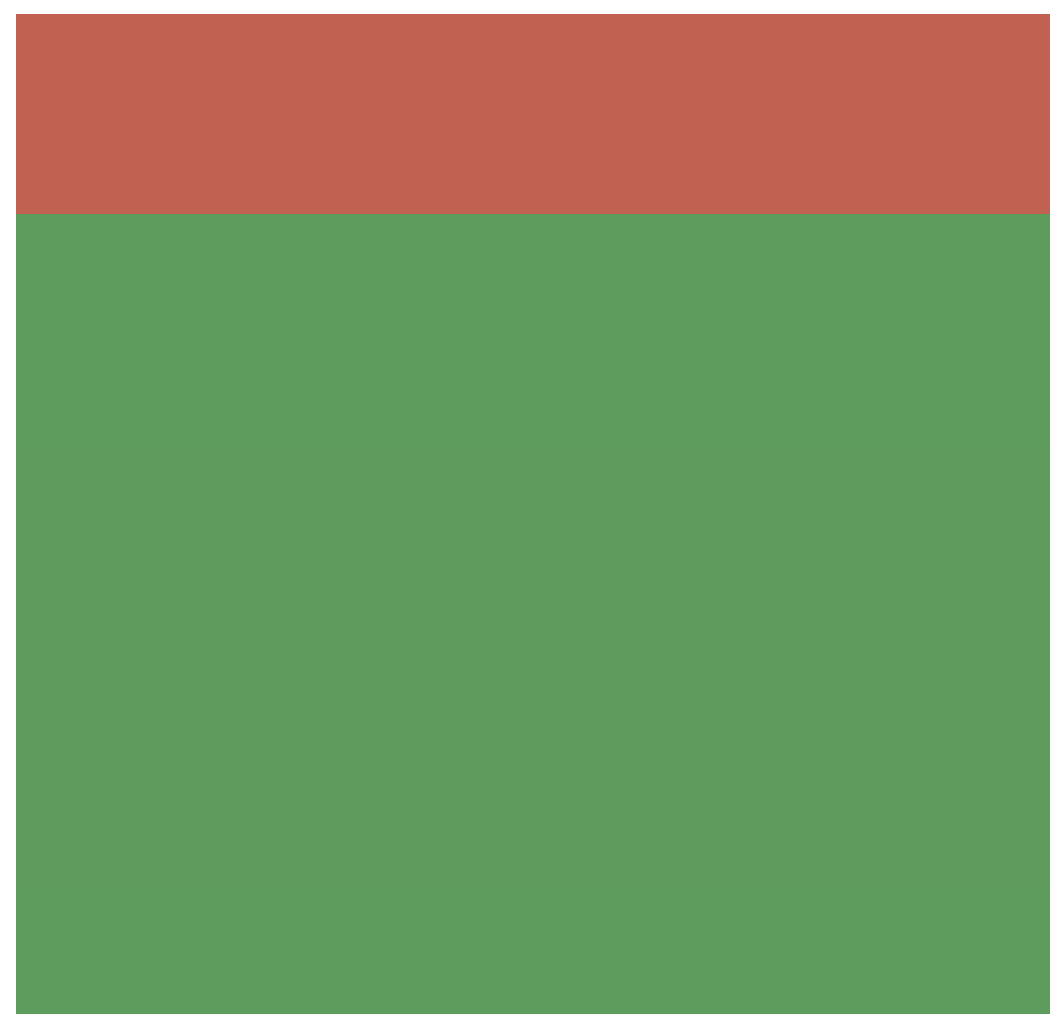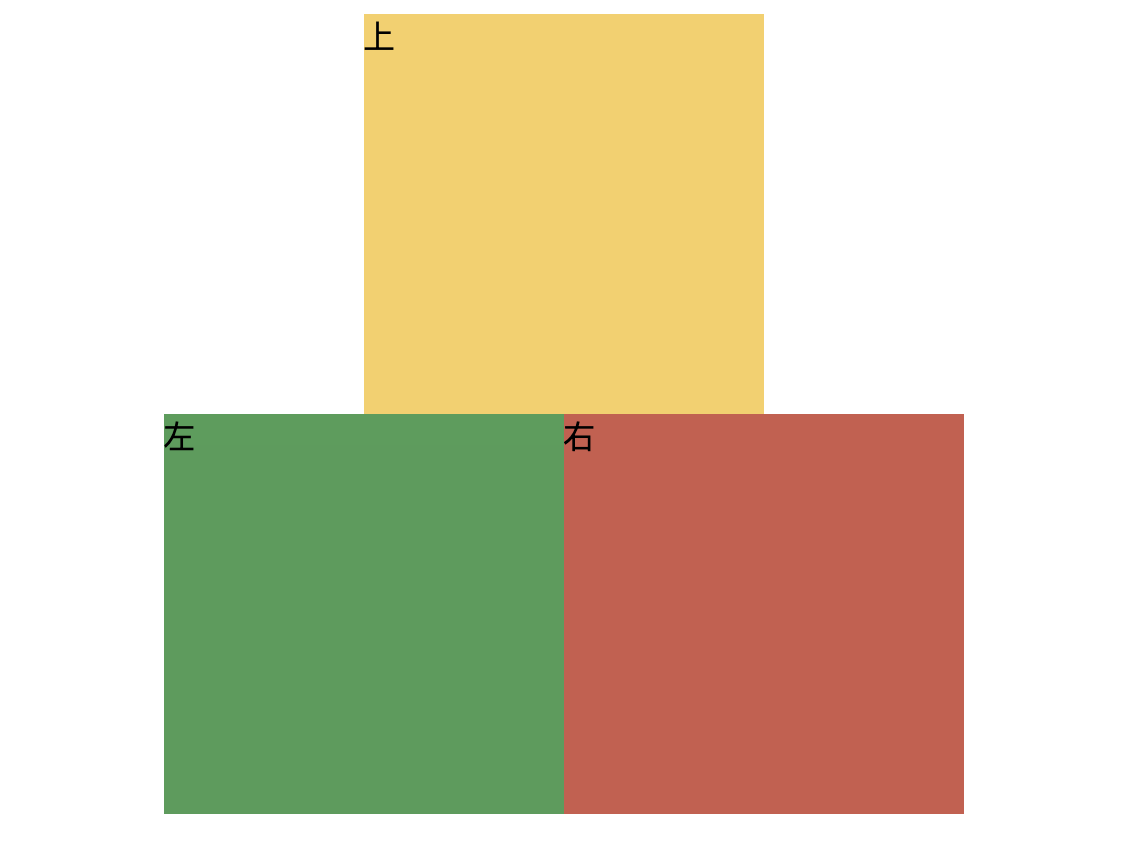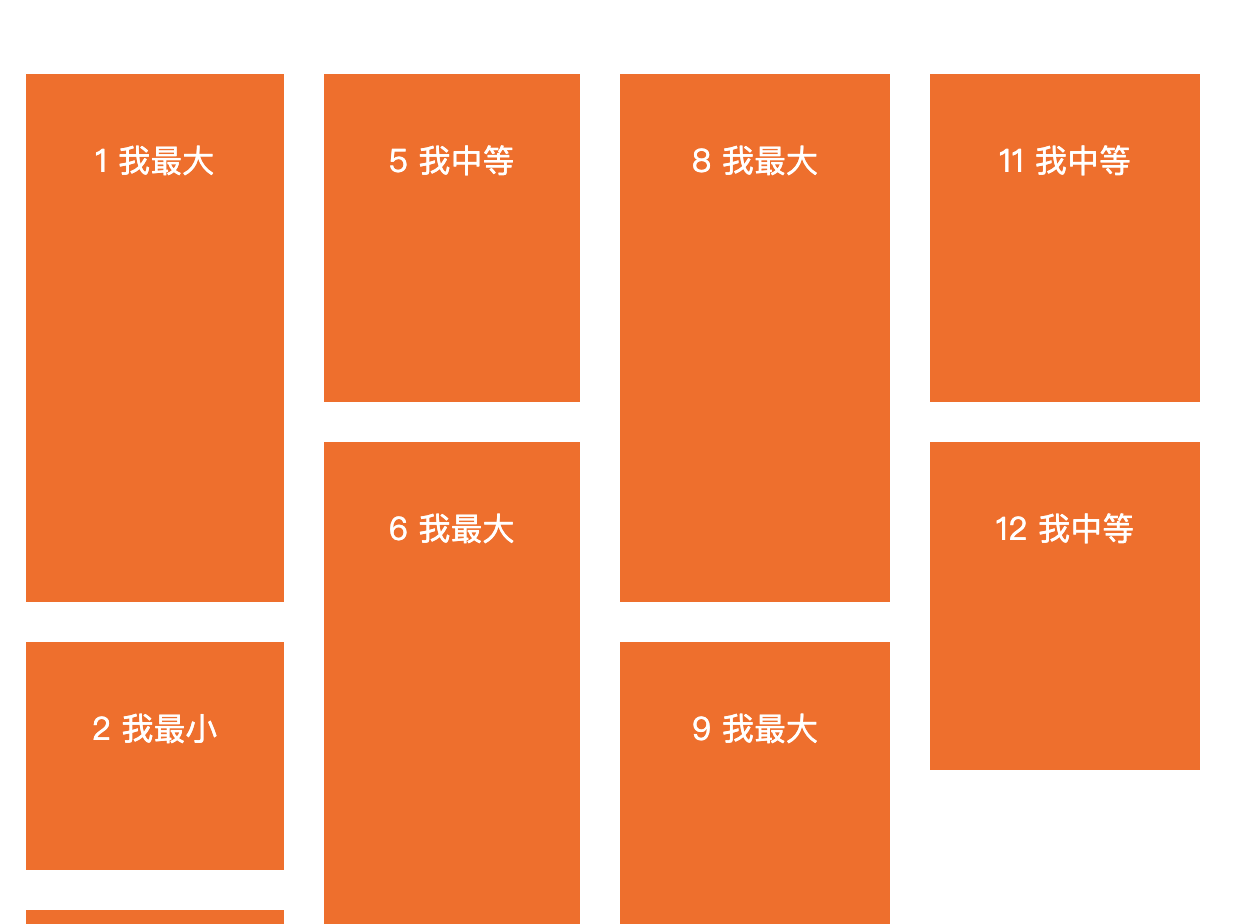- 布局汇总
- 常用css技巧
- 1. 解决inline-block元素设置overflow:hidden属性导致相邻行内元素向下偏移
- 2. 超出部分显示省略号 / 点点点
- 3. css实现不换行、自动换行、强制换行
- 4. CSS实现文本两端对齐
- 5. 实现文字竖向排版
- 6. 使元素鼠标事件失效
- 7. 禁止用户选择
- 8. cursor属性
- 9. 使用硬件加速
- 10. 图片宽度自适应
- 11. Text-transform和Font Variant
- 12. 消除transtration闪屏
- 14. 自定义滚动条
- 15. 让 HTML 识别 string 里的 ‘\n’ 并换行
- 16. 使用CSS显示链接之后的URL
- 17. 修改input输入框中光标的颜色不改变字体的颜色
- 18. 修改input 输入框中 placeholder 默认字体样式
- 19. 让div里的图片和文字同时上下居中
- 20. 实现宽高等比例自适应矩形
- 21. 边框字体同色
- 常用命名规范
布局汇总
居中布局
1. 绝对定位布局
.parent {position: relative;}.child {width: 200px;height: 200px;position: absolute;left: 0;top: 0;bottom: 0;right: 0;margin: auto;}
2. margin 负间距
.child{width:200px;height: 200px;position: absolute;left:50%;top:50%;margin-left:-100px;margin-top:-100px;}
3. Transforms 变形 (常用)
.child {width: 200px;height: 200px;position:absolute;left:50%;top:50%;transform: translate(-50%,-50%);}
4. flex布局居中 (常用)
.parent {display: flex;justify-content:center;align-items:center;}
5. flex布局居中2
.parent {display: flex;}.child {margin: auto}
6. table布局
父元素设置teable-cell元素,利用三层结构模拟父子结构
.parent {display: table;width: 200px;height: 200px;}.child {display: table-cell;text-align: center;vertical-align: middle;}.box {display: inline-block;}
7. grid布局居中
.parent {display: grid;}.child {justify-self: center;align-self: center;}
8. grid布局居中 child:auto
.parent {display: grid;}.child {margin: auto;}
左右布局
1. float布局实现方式 (常用)
实现步骤:利用bfc原理
左侧浮动固定宽度, 右侧overflow: hidden
<div class="container"><div class="left"></div><div class="right"></div></div>
.container { height: 300px; width: 100%; .left { float: left; width: 100px; } .right { overflow: hidden; } }2. flex实现方式:
父元素设置display: flex,给left元素设置固定宽度
- 给right元素设置flex:1使其填充其余空间 ```css .container { display: flex; }
.left { height: 200px; width: 100px; }
.right { height: 200px; flex: 1; overflow: hidden; }
<a name="vYbKw"></a>
#### 3. calc计算布局 (常用)
```css
.left {
height: 200px;
width: 100px;
}
.right {
height: 200px;
width: calc(100% - 100px);
overflow: hidden;
}
上下布局
1. 绝对定位预占位方式 (常用)
- 设置container元素高度与box-sizing属性,使padding计算入container元素中
- 设置top元素高度,并使用绝对定位将其放置在container头部
- 设置container元素内边距padding-top为top元素的高度,设置bottom元素高度为100%
```javascript .container { height: 100%; padding: 100px 0 0; box-sizing: border-box; position: relative; }<div class="container"> <div class="top"></div> <div class="bottom"></div> </div>
.top { height: 100px; background: #ce5a4b; position: absolute; top: 0; left: 0; width: 100%; }
.bottom { height: 100%; background: #499e56; }
<a name="doBaU"></a>
#### 2. 普通布局实现
1. 设置container元素高度与box-sizing属性,使padding计算入container元素中
1. 设置top元素高度,使用margin移动元素位置到container元素顶部
1. 设置container元素内边距padding-top为top元素的高度,设置bottom元素高度为100%
```css
.container {
height: 500px;
padding-top: 100px;
box-sizing: border-box;
}
.top {
height: 100px;
background: #ce5a4b;
margin: -100px 0 0;
}
.bottom {
height: 100%;
background: #499e56;
}
三栏式布局
三栏式布局的七种布局方式:float布局、绝对定位布局、圣杯布局、双飞翼布局、Flex布局、表格布局、网格布局
1. float布局
实现步骤:
1.左右两栏设置float属性使其脱离文档流左边栏设置 float:left, 右边栏设置float: right
2.给中间元素设置margin-left、和margin-right,设置margin的原因是当中间元素高度超出左右两边时,中间元素会被覆盖
3.为了不影响其他元素,给父元素清除浮动
<template>
<div class="container">
<div class="left"></div>
<div class="right"></div>
<div class="main"></div>
</div>
</template>
<style>
.left {
float: left;
width: 100px;
height: 200px;
background: #ce5a4b;
}
.right {
float: right;
width: 200px;
height: 200px;
background: #499e56;
}
.main {
margin-left: 120px;
margin-right: 220px;
height: 200px;
background: #f8cf5f;
}
.container::after {
content: '';
display: block;
clear: both;
}
</style>
缺点:使用的时候只需要注意一定要清除浮动
2. position布局
实现步骤
- 给 container 设置position: relative,因为绝对定位的元素的参照物为第一个postion不为static的父元素。
- left 向左定位,right 向右定位。
- main 使用绝对定位,通过设置left和right并把两边撑开。
```javascript
> 缺点:绝对定位是脱离文档流的,意味着下面的所有子元素也会脱离文档流,导致了这种方法的有效性和可使用性是比较差的
<a name="YtqeY"></a>
#### 3. float和BFC配合圣杯布局
实现步骤
1. 使左、中、右三栏都通过float进行浮动。
1. 将left的margin-left设置为-100%,此时左栏会移动到第一行的首部。然后再将right的margin-left设置为其宽度的负值:-200px,则右栏也会移动到和左、中栏一行中
1. 给container一个padding,该padding应该正好等于左、右栏的宽度
1. 给左、右两栏加上相对布局,然后再通过设置left和right值向外移动。
```html
<style>
.container {
overflow: hidden;
padding: 0 220px 0 120px;
}
.container>div {
position: relative;
float: left;
height: 300px;
}
.main {
width: 100%;
background-color: #f8cf5f;
}
.left {
width: 100px;
margin-left: -100%;
left: -120px;
background-color: #ce5a4b;
}
.right {
width: 200px;
background-color: #499e56;
margin-left: -200px;
right: -220px;
}
</style>
<div class="container">
<div class="main"></div>
<div class="left"></div>
<div class="right"></div>
</div>
3. 双飞翼布局
实现步骤
- 使左、中、右三栏都通过float进行浮动。
- 将left的margin-left设置为-100%,此时左栏会移动到第一行的首部。然后再将right的margin-left设置为其宽度的负值:-200px,则右栏也会移动到和左、中栏一行中
- 给 main 的子元素content设置margin: 0 220px 0 120px;,同时设置overflow: hidden使其成为一个BFC
为了不影响其他元素,给main清除浮动
<style> .container { overflow: hidden; } .container>div { position: relative; float: left; height: 300px; } .main { width: 100%; } .main::after { content: ''; display: block; clear: both; } .left { width: 100px; background-color: #ce5a4b; margin-left: -100%; } .right { width: 200px; background-color: #499e56; margin-left: -200px; } .content { height: 100%; margin: 0 220px 0 120px; overflow: hidden; background-color: #f8cf5f; } </style> <div class="container"> <div class="main"> <div class="content"></div> </div> <div class="left"></div> <div class="right"></div> </div>和圣杯布局类似,只是处理中间栏部分内容被遮挡问题的解决方案有所不同
4. flex布局 (常用)
实现步骤
- 给 container 设置为一个 flex 容器display: flex
- main 的宽度设置为width: 100%,left 和 right 分别设置为width: 200px和width: 100px
- 为了不让 left 和 right 收缩,给它们设置flex-shrink: 0
- 使用order属性给三个部分的 DOM 结构进行排序:left:order: 1,main:order: 2,right:order: 3
```javascript
> 极其灵活(还有其他实现方式),需要注意浏览器兼容性 <a name="aHQGk"></a> #### 5. table-cell布局 实现步骤 1. 给三栏都设置为表格单元 display: table-cell 1. left 和 right分别设置 width: 100px和width: 200px,container设置 width: 100% 1. 这时 left 和 right 被挤到两边去了,因此要分别设置min-width确保不会被挤压。 ```javascript <style> .container { width: 100%; display: table; } .container > div { display: table-cell; height: 300px; } .content { height: 100%; margin: 0 20px; background: #f8cf5f; } .left { width: 100px; min-width: 100px; background-color: #ce5a4b; } .right { width: 200px; min-width: 200px; background-color: #499e56; } </style> <body> <div class="left"></div> <!-- 这时的main要放在中间 --> <div class="main"> <div class="content"></div> </div> <div class="right"></div> </body>这种布局方式能使得三栏的高度是统一的,但不能使main放在最前面得到最先渲染
6. 网格布局 (常用)
实现步骤
- 给 container 设置为display: grid
- 设置三栏的高度:grid-template-rows: 300px
- 设置三栏的宽度,中间自适应,两边固定:grid-template-columns: 100px auto 200px;
<style> .container { display: grid; width: 100%; grid-template-rows: 300px; grid-template-columns: 100px auto 200px; } .left { background-color: #ce5a4b; margin-right: 20px; } .main { background-color: #f8cf5f; } .right { background-color: #499e56; margin-left: 20px; } </style> <body> <div class="container"> <div class="left"></div> <div class="main"></div> <div class="right"></div> </div> </body>使用起来极其方便,代码简介,但是兼容性很差
[
](https://www.yuque.com/rashomon/lwtok5/css#fPs1y)
多列等高
1. 布局 flex实现等高 (常用)
实现思路:
父元素设置display:flex, 弹性盒子布局flex,默认值就是自带等高布局的特点
<style> .container { display: flex; } .left { width: 200px; background-color: #ce5a4b; } .main { flex: 1; height: 400px; background: #f8cf5f; } .right { width: 300px; background: #499e56; } </style> <body> <div class="container"> <div class="left"></div> <div class="main"></div> <div class="right"></div> </div> </body>2. 利用背景图片
<style> .container { background: url("column.png") repeat-y; width: 960px; margin: 0 auto; } .left { float: left; width: 220px; } .main { float: left; width: 480px; } .right { float: left; width: 220px; } </style> <body> <div class="container"> <div class="left"></div> <div class="main"></div> <div class="right"></div> </div> </body>
3. table-cell等高布局
实现步骤:
1.父元素设置dispaly:table, table布局天然就具有等高的特性。<style> .container { display: table; } .left { display: table-cell; width: 300px; background-color: #ce5a4b; } .main { display: table-cell; width: 300px; height: 400px; background: #f8cf5f; } .right { display: table-cell; width: 300px; background: #499e56; } </style> <body> <div class="container"> <div class="left"></div> <div class="main"></div> <div class="right"></div> </div> </body>4. grid布局
<style> .container { display: grid; grid-auto-flow: column; } .left { background-color: #ce5a4b; } .main { background-color: #f8cf5f; height: 300px; } .right { background-color: #499e56; } </style> <body> <div class="container"> <div class="left"></div> <div class="main"></div> <div class="right"></div> </div> </body>品字形布局
1. inline或float布局方式
实现步骤:
- 三块高宽是确定的;
- 上面那块用margin: 0 auto;居中;
- 下面两块用inline-block或者float不换行
- 用margin调整位置使他们居中(使left元素margin-left为宽度的一般则可居中)
实现方式一:
<style> .container > div { height: 300px; width: 300px; } .top { margin: 0 auto; background-color: #f8cf5f; } .left { display: inline-block; // float: left; margin-left: 150px; background-color: #499e56; } .right { display: inline-block; // float: left; background-color: #ce5a4b; } </style> <div class="container"> <div class="top">上</div> <div class="left">左</div> <div class="right">右</div> </div>2. 全屏的品字布局
实现步骤:
上面的div宽100%,下面的两个div分别宽50%,然后用float或者inline使其不换行即可
<style> .container>div { height: 200px; } .top { width: 100%; background-color: #f8cf5f; } .left { // display: inline-block float: left; width: 50%; background-color: #499e56; } .right { // display: inline-block float: left; width: 50%; background-color: #ce5a4b; } </style> <body> <div class="container"> <div class="top">上</div> <div class="left">左</div> <div class="right">右</div> </div> </body>
瀑布流布局
multi-columns 方式
实现步骤:
- 瀑布流容器中设置 column-count(列数) 和 column-gap(列间距)
- item 中设置 break-inside:avoid,这是为了控制文本块分解成单独的列,以免项目列表的内容跨列,破坏整体的布局。
为了布局具有响应式效果,可以借助媒体查询属性,在不同屏幕大小的条件下设置瀑布流容器 container 的 column-count 来自适应改变列数
<style> .container { -moz-column-count: 3; /* Firefox */ -webkit-column-count: 3; /* Safari 和 Chrome */ column-count: 3; -moz-column-gap: 2em; -webkit-column-gap: 2em; column-gap: 2em; width: 70%; margin: 2em auto; } .item { padding: 2em; margin-bottom: 2em; -moz-page-break-inside: avoid; -webkit-column-break-inside: avoid; break-inside: avoid; background: #ce5a4b; color: #fff; text-align: center; } .item .content-lar { height: 200px; } .item .content-mid { height: 100px; } .item .content-sma { height: 50px; } @media screen and (max-width: 800px) { .container { column-count: 2; /* two columns on larger phones */ } } @media screen and (max-width: 500px) { .container { column-count: 1; /* two columns on larger phones */ } } </style> <body> <div class="container"> <div class="item"> <div class="item_content content-lar"> 1 我最大 </div> </div> <div class="item"> <div class="item_content content-sma"> 2 我最小 </div> </div> <div class="item"> <div class="item_content content-mid"> 3 我中等 </div> </div> <div class="item"> <div class="item_content content-sma"> 4 我最小 </div> </div> <div class="item"> <div class="item_content content-mid"> 5 我中等 </div> </div> <div class="item"> <div class="item_content content-lar"> 6 我最大 </div> </div> <div class="item"> <div class="item_content content-sma"> 7 我最小 </div> </div> <div class="item"> <div class="item_content content-lar"> 8 我最大 </div> </div> <div class="item"> <div class="item_content content-lar"> 9 我最大 </div> </div> <div class="item"> <div class="item_content content-sma"> 10 我最小 </div> </div> <div class="item"> <div class="item_content content-mid"> 11 我中等 </div> </div> <div class="item"> <div class="item_content content-mid"> 12 我中等 </div> </div> <!-- more items --> </div> </body>
flex布局
实现步骤:
- 瀑布流容器设置dispaly:flex,并使用 flex-flow 来控制列,并且允许它换行
- 显式的设置 height 属性,当然除了设置 px 值,还可以设置100vh,让容器的高度和浏览器视窗高度一样(注意:不能不显式的设置,如果没有显式的设置,容器就无法包裹住项目列表)
为了布局具有响应式效果,可以借助媒体查询属性显示设置不同的高度值
<style> .container { height: 800px; display: flex; flex-flow: column wrap; width: 70%; margin: 2em auto; } .item { padding: 2em; margin-bottom: 2em; break-inside: avoid; background: #f60; color: #fff; text-align: center; margin: 10px; } .item .content-lar { height: 200px; } .item .content-mid { height: 100px; } .item .content-sma { height: 50px; } @media screen and (max-width: 1100px) { .masonry { height: 800px; } } @media screen and (max-width: 800px) { .masonry { height: 1100px; } } @media screen and (max-width: 600px) { .masonry { height: 1300px; } } @media screen and (max-width: 460px) { .masonry { height: 1600px; } } </style> <body> <div class="container"> <div class="item"> <div class="item_content content-lar"> 1 我最大 </div> </div> <div class="item"> <div class="item_content content-sma"> 2 我最小 </div> </div> <div class="item"> <div class="item_content content-mid"> 3 我中等 </div> </div> <div class="item"> <div class="item_content content-sma"> 4 我最小 </div> </div> <div class="item"> <div class="item_content content-mid"> 5 我中等 </div> </div> <div class="item"> <div class="item_content content-lar"> 6 我最大 </div> </div> <div class="item"> <div class="item_content content-sma"> 7 我最小 </div> </div> <div class="item"> <div class="item_content content-lar"> 8 我最大 </div> </div> <div class="item"> <div class="item_content content-lar"> 9 我最大 </div> </div> <div class="item"> <div class="item_content content-sma"> 10 我最小 </div> </div> <div class="item"> <div class="item_content content-mid"> 11 我中等 </div> </div> <div class="item"> <div class="item_content content-mid"> 12 我中等 </div> </div> <!-- more items --> </div> </body>缺点:两种实现方式都只能从上往下排列,不能从左往右排列
常用css技巧
1. 解决inline-block元素设置overflow:hidden属性导致相邻行内元素向下偏移
.wrap { display: inline-block; overflow: hidden vertical-align: bottom }2. 超出部分显示省略号 / 点点点
// 单行文本 .wrap { overflow:hidden; text-overflow:ellipsis; white-space:nowrap; } // 多行文本 .wrap { width: 100%; overflow: hidden; display: -webkit-box; -webkit-box-orient: vertical; -webkit-line-clamp: 3; word-break: break-all; }3. css实现不换行、自动换行、强制换行
//不换行 .wrap { white-space:nowrap; } //自动换行 .wrap { word-wrap: break-word; word-break: normal; } //强制换行 .wrap { word-break:break-all; }4. CSS实现文本两端对齐
.wrap { text-align: justify; /* ie6-8 */ text-justify: distribute-all-lines; /* 一个块或行的最后一行对齐方式 */ text-align-last: justify; -moz-text-align-last: justify; -webkit-text-align-last: justify; }5. 实现文字竖向排版
// 单列展示时 .wrap { width: 25px; line-height: 18px; height: auto; font-size: 12px; padding: 8px 5px; word-wrap: break-word;/*英文的时候需要加上这句,自动换行*/ } // 多列展示时 .wrap { height: 210px; line-height: 30px; text-align: justify; writing-mode: vertical-lr; //从左向右 writing-mode: tb-lr; //IE从左向右 //writing-mode: vertical-rl; -- 从右向左 //writing-mode: tb-rl; -- 从右向左 }6. 使元素鼠标事件失效
.wrap { pointer-events: none; cursor: default; }7. 禁止用户选择
.wrap { -webkit-touch-callout: none; -webkit-user-select: none; -khtml-user-select: none; -moz-user-select: none; -ms-user-select: none; user-select: none; }8. cursor属性
.wrap { cursor:pointer; //小手指; cursor:help; //箭头加问号; cursor:wait; //转圈圈; cursor:move; //移动光标; cursor:crosshair; //十字光标 }9. 使用硬件加速
.wrap { transform: translateZ(0); }10. 图片宽度自适应
img {max-width: 100%}11. Text-transform和Font Variant
p {text-transform: uppercase} // 将所有字母变成大写字母 p {text-transform: lowercase} // 将所有字母变成小写字母 p {text-transform: capitalize} // 首字母大写 p {font-variant: small-caps} // 将字体变成小型的大写字母12. 消除transtration闪屏
.wrap { -webkit-transform-style: preserve-3d; -webkit-backface-visibility: hidden; -webkit-perspective: 1000; }14. 自定义滚动条
overflow-y: scroll; /* 整个滚动条 */ ::-webkit-scrollbar { width: 5px; } /* 滚动条的轨道 */ ::-webkit-scrollbar-track { background-color: #ffa336; border-radius: 5px; } /* 滚动条的滑块 */ ::-webkit-scorllbar-thumb { background-color: #ffc076; border-radius: 5px; }15. 让 HTML 识别 string 里的 ‘\n’ 并换行
body { white-space: pre-line; }16. 使用CSS显示链接之后的URL
a:after{content:" (" attr(href) ") ";}17. 修改input输入框中光标的颜色不改变字体的颜色
input{ color: #fff; caret-color: red; }18. 修改input 输入框中 placeholder 默认字体样式
//webkit内核的浏览器 input::-webkit-input-placeholder { color: #c2c6ce; } //Firefox版本4-18 input:-moz-placeholder { color: #c2c6ce; } //Firefox版本19+ input::-moz-placeholder { color: #c2c6ce; } //IE浏览器 input:-ms-input-placeholder { color: #c2c6ce; }19. 让div里的图片和文字同时上下居中
.wrap { height: 100, line-height: 100 } img { vertival-align:middle } // vertical-align css的属性vertical-align用来指定行内元素(inline)或表格单元格(table-cell)元素的垂直对齐方式。只对行内元素、表格单元格元素生效,不能用它垂直对齐块级元素 // vertical-align:baseline/top/middle/bottom/sub/text-top;20. 实现宽高等比例自适应矩形
.scale { width: 100%; padding-bottom: 56.25%; height: 0; position: relative; } .item { position: absolute; width: 100%; height: 100%; background-color: 499e56; } <div class="scale"> <div class="item"> 这里是所有子元素的容器 </div> </div>21. 边框字体同色
.wrap { width: 200px; height: 200px; color: #000; font-size: 30px; border: 50px solid currentColor; // border: 50px solid; // 实现二 }常用命名规范
前言中略微描述了 CSS 怎么使用;下面介绍一下 CSS 的一些代码规范;
CSS 命名一般采用小写英文单词或组合命名,单词与单词间以”-“分割;英文单词不缩写,除非一看就能明白的单词。文本命名规范
- index.css: 一般用于首页建立样式
- head.css: 头部样式,当多个页面头部设计风格相同时使用。
- base.css: 共用样式。
- style.css: 独立页面所使用的样式文件。
- global.css: 页面样式基础,全局公用样式,页面中必须包含。
- layout.css: 布局、版面样式,公用类型较多时使用,一般用在首页级页面和产品类页面中
- module.css: 模块,用于产品类页,也可与其它样式配合使用。
- master.css: 主要的样式表
- columns.css: 专栏样式
- themes.css: 主体样式
- forms.css: 表单样式
- mend.css: 补丁,基于以上样式进行的私有化修补。
页面结构命名
- page: 代表整个页面,用于最外层。
- wrap: 外套,将所有元素包在一起的一个外围包,用于最外层
- wrapper: 页面外围控制整体布局宽度,用于最外层
- container: 一个整体容器,用于最外层
- head, header: 页头区域,用于头部
- nav: 导航条
- content: 内容,网站中最重要的内容区域,用于网页中部主体
- main: 网站中的主要区域(表示最重要的一块位置),用于中部主体内容
- column: 栏目
- sidebar: 侧栏
- foot, footer: 页尾、页脚。网站一些附加信息放置区域,(或命名为 copyright)用于底部
导航命名
- nav, navbar, navigation, nav-wrapper: 导航条或导航包,代表横向导航
- topnav: 顶部导航
- mainbav: 主导航
- subnav: 子导航
- sidebar: 边导航
- leftsidebar 或 sidebar_a: 左导航
- rightsidebar 或 sidebar_b: 右导航
- title: 标题
- summary: 摘要/li>
- menu: 菜单,区域包含一般的链接和菜单
- submenu: 子菜单
- drop: 下拉
- dorpmenu: 下拉菜单
- links: 链接菜单
功能命名
- logo: 标记网站logo标志
- banner: 标语、广告条、顶部广告条
- login: 登陆,(例如登录表单:form-login)
- loginbar: 登录条
- register: 注册
- tool, toolbar: 工具条
- search: 搜索
- searchbar: 搜索条
- searchlnput: 搜索输入框
- shop: 功能区,表示现在的
- icon: 小图标
- label: 商标
- homepage: 首页
- subpage: 二级页面子页面
- hot: 热门热点
- list: 文章列表,(例如:新闻列表:list-news)
- scroll: 滚动
- tab: 标签
- sitemap: 网站地图
- msg 或 message: 提示信息
- current: 当前的
- joinus: 加入
- status: 状态
- btn: 按钮,(例如:搜索按钮可写成:btn-search)
- tips: 小技巧
- note: 注释
- guild: 指南
- arr, arrow: 标记箭头
- service: 服务
- breadcrumb: (即页面所处位置导航提示)
- download: 下载
- vote: 投票
- siteinfo: 网站信息
- partner: 合作伙伴
- link, friendlink: 友情链接
- copyright: 版权信息
- siteinfoCredits: 信誉
- siteinfoLegal: 法律信息





